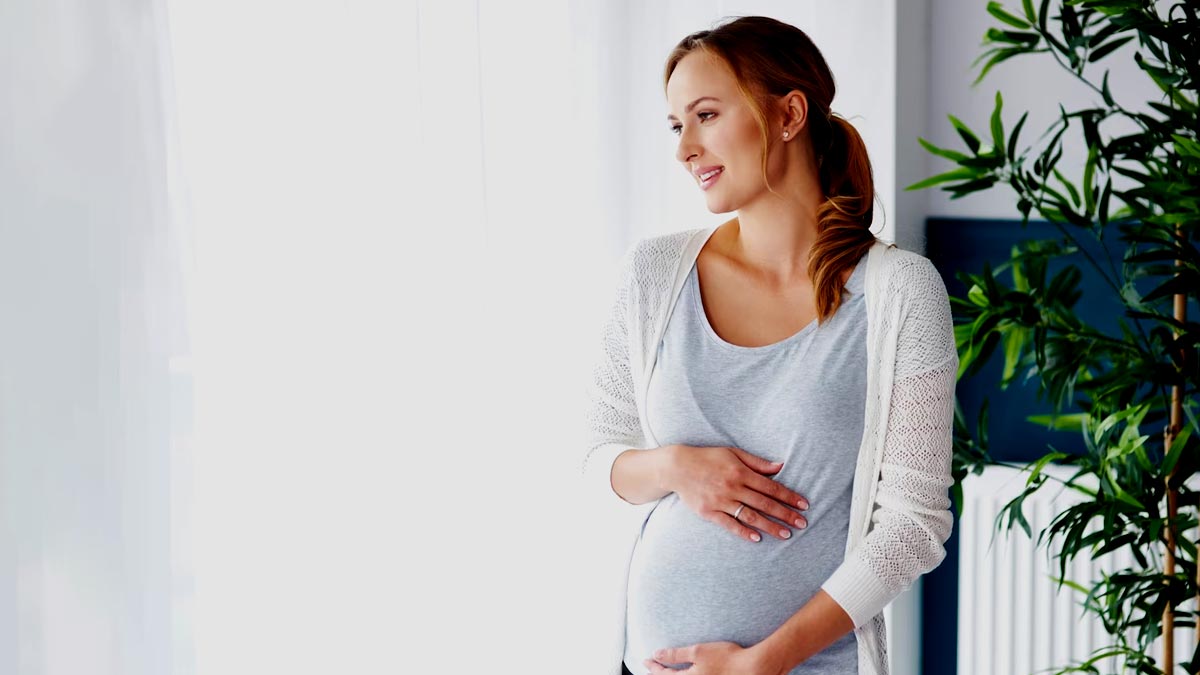
From the first trimester until delivery, pregnancy causes the body to undergo a wide range of changes; however, they are not widely discussed or known by expectant women. Being aware of these changes can mentally prepare women to embrace the transformations occurring in the body during this beautiful journey. We spoke to our expert, Dr Meena Muthiah, Consultant, Obstetrician and Gynaecologist, Manipal Hospital Old Airport Road, Sarjapur and Jayanagar, Bengaluru, who listed bodily changes you may experience during pregnancy.

Dr Muthiah said, “Most of these changes are due to weight gain, alterations in heart rate, blood pressure, and blood volume, which impact the body. There is an equal impact on all organs, both internally and externally. As a result, the pre-pregnancy body goes through enormous changes as the child starts growing inside the womb.”
According to the Cardiovascular Journal of Africa, 50 to 90% of pregnancies experience nausea and vomiting, making them relatively frequent problems.
The Three Trimesters: Changes You Observe

Dr Muthiah informed, “The changes your body goes through during pregnancy can be observed from head to foot. The pregnancy is divided into three trimesters: the first three months, the second three months, and the final three months.”
First Trimester

Dr Muthiah said, “During the first trimester, there is an increased blood supply to the womb which may cause a dull ache, increased frequency of urine, and backaches, especially when the uterus (womb) faces backwards.”
She added, “The breasts become tender and heavier due to hormonal changes. Mild vaginal white discharge may also be observed by many women. This is when the ‘pregnancy glow’ is visible on the face as the skin gets rosy and shiny. Sometimes, occasional acne flare-ups may pop up on your cheek.”
Also Read: Intimacy After Pregnancy: Expert Lists Things You Must Know
Second Trimester

Dr Mutiah highlighted, “The second trimester is a time when all the pregnant women want to enjoy the pregnancy, mostly because the first three months go by adjusting to the new normal. This makes the second trimester easy to pass through.”
It starts with changes in blood pressure and heart rate because of which most expectant mothers experience recurrent episodes of heartburn, palpitation, and dizziness. During this time, the skin starts stretching to accommodate the growing uterus with the belly becoming visibly bigger. You may notice stretch marks appearing all over the abdomen and thighs.
Dr Mutiah further added, “With the breasts continuing to enlarge, there is increased pigmentation around the areola and the nipple. This is a sign that the breasts are getting prepared for breastfeeding. Body hair, including scalp hair, becomes thicker and coarser.”
Also, constipation is common during pregnancy and due to the difficulty in passing stools, you may develop haemorrhoids or what we call piles in common terms.
Also Read: Planning Pregnancy With Diabetes? Expert Lists Tips You Should Follow
Third Trimester

The third trimester becomes challenging as the baby grows, increasing the pressure on the intestine. Dr Mutiah added, “Constipation and frequent urination are observed in 90% of all pregnant ladies. Apart from stretch marks, the skin begins to show other changes, like bluish patches where the veins become more prominent.”
Water retention is quite common as the pregnancy is nearer to term. This causes the hands to become numb and tight. Even veins in the feet may become dilated, sometimes causing varicose veins. The joint movements become painful because of the laxity of the ligaments. Sleep is also affected because you can’t lie down properly and have to sit and sleep in a reclined position.
Bottomline
Dr Mutiah concluded, “Throughout the pregnancy, emotional changes like mood swings, anxiety, sadness, sudden mental breakdown and guilt, and depression may also occur. As a gynaecologist, I would suggest all the expecting mothers embrace and enjoy the journey and take it positively. You can eventually regain your normal shape after six months of delivery when the exclusive breastfeeding is completed.”
Disclaimer
The information in this article is provided by a registered gynaecologist and is for informational purposes only. Hence, we advise you to consult your expert if you notice any complications.







